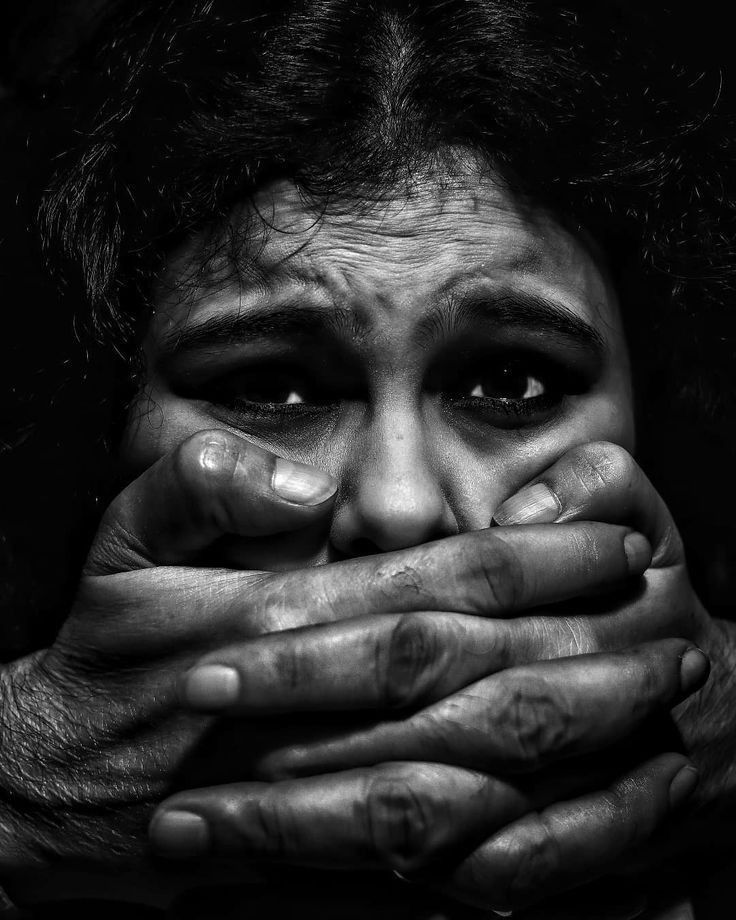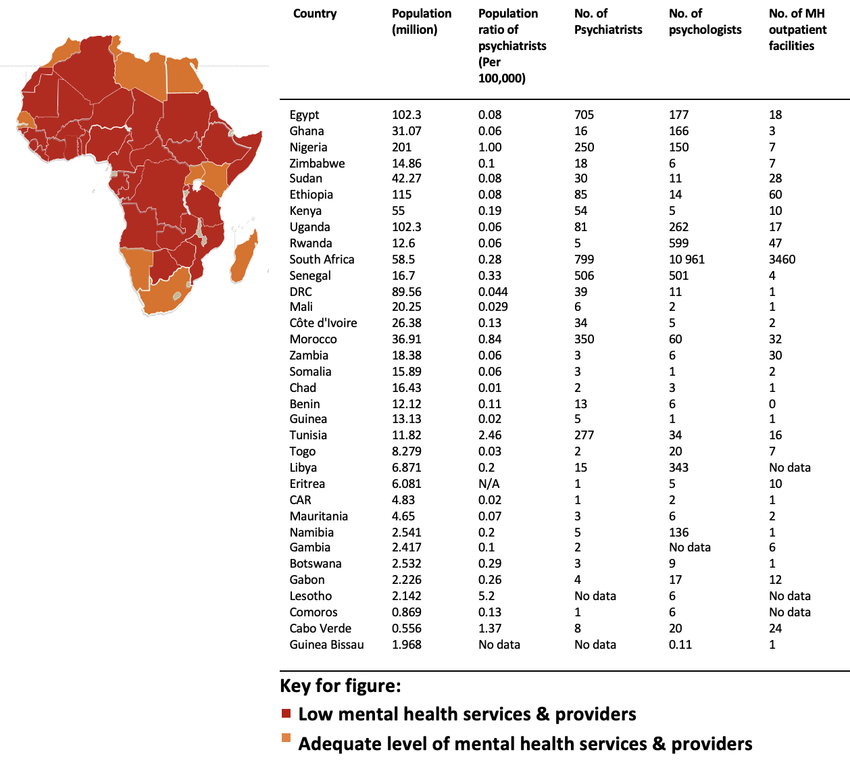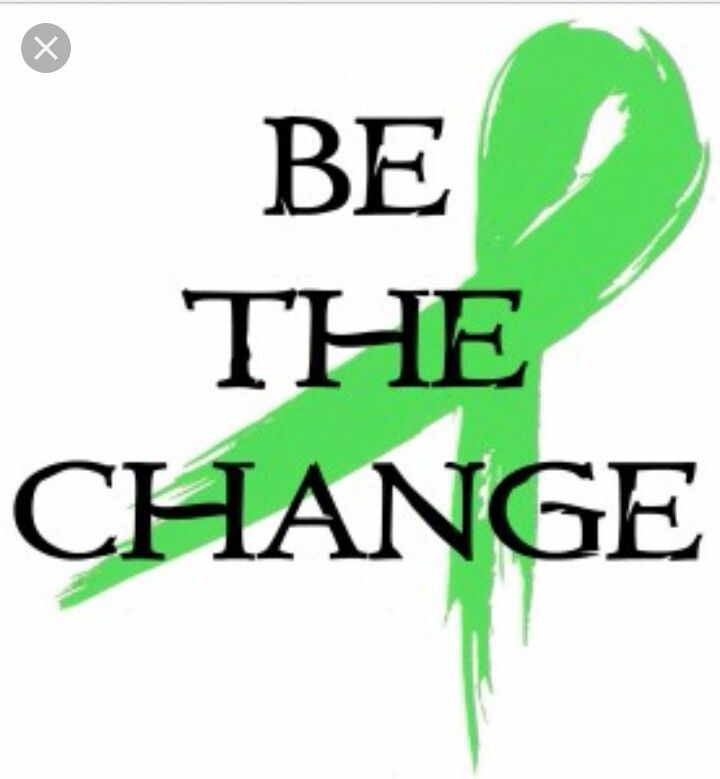
Imagine waking up every day carrying a burden no one can see. For instance, a mother in Lagos feels the weight of anxiety in her chest, but to her neighbors she’s just tired from long hours at the market. A student in Nairobi collapses under depression late at night, because he's too ashamed to share his pain. Across Africa, millions of people suffer quietly, hiding mental health struggles behind smiles and silence. In our villages and cities, talking about sadness or anxiety is still a taboo. Yet the toll is real. Mental health isn’t just a “first-world” problem, it’s a crisis in Africa that affects both the young, old, rich and poor. By opening our hearts and eyes, we can see the hidden storm, soaring rates of depression, anxiety, trauma and suicide that threaten our families and communities. But this storm is barely discussed, making those who suffer from it feel even more alone.
The Hidden Toll: Numbers Behind the Silence

The data tell a shocking story. Even before COVID-19, the WHO estimated that over 116 million people in Africa were living with mental health conditions. After the pandemic’s isolation and fear, depression and anxiety surged by roughly 25% worldwide. In Africa these effects are magnified: one recent review found that depression affects about 27% of people in sub-Saharan Africa, far above the global average, and anxiety disorders afflict at least 16% of individuals. Among teenagers and young adults (who make up the majority of Africa’s population), the numbers are even higher: about 27% of adolescents are battling depression and 30% struggle with anxiety. Staggeringly, 90% of Africans with these mental conditions receive no treatment at all.
- Huge reach: Over 116 million Africans were estimated to have mental health issues even before 2020.
- Scarce care: Across the continent there are fewer than 2 mental health workers per 100,000 people (mostly psychiatric nurses). That means most towns have no psychologist or counsellor at all.
- Youth in crisis: Recent research shows 27% of sub-Saharan youth suffer depression and 30% suffer anxiety. Only about 1 in 10 of them will ever see a mental health professional.
- Treatment gap: Despite the need, only about 25% of adults with mental illness in Africa ever get any treatment. In Nigeria, Africa’s most populous country, roughly 80% of people with severe mental illness go untreated.
- Minimal funding: African governments spend a tiny $0.46 per person on mental health (far below the $2–3 recommended). Many countries lack policies or insurance coverage for counseling or therapy.
These numbers are more than statistics, they represent real lives. Let's even talk about a certain type of people not added to these numbers like the young mothers who suffer from postpartum depression, the farmer’s untreated PTSD after conflict, children diagnosed with attention disorder, all adding up to a “silent storm” of suffering.
Stigma, Silence and Struggle

Why aren’t we talking about this? Cultural beliefs and stigma keep many in the shadows. In many communities, mental illness is shameful and blamed on weak character, spirit possession, or curses. Families may hide a struggling member out of fear that people might think we’re crazy, or suggest prayer instead of therapy. As one study notes, “the social stigma surrounding mental illness in sub-Saharan Africa can prevent adolescents from accessing care and sharing their struggles”. The result is a vicious cycle: because people feel ashamed, they suffer in silence, and others never learn to understand or help.
- Taboo beliefs: Many still view depression or anxiety as personal failures or spiritual problems. Discussions of mood or stress are often met with silence or dismissal. A young man might be told “Man up” when he opens up, and say nothing again.
- Fear of hospitals: Stories of old psychiatric asylums and restraints linger. People worry they will lose their freedom if they seek help. This fear makes therapy in Africa seem risky, and not supportive.
- Money and distance: Even if someone overcomes stigma, help is scarce. Therapists tend to be in big cities, and a single counseling session can cost the equivalent of days’ wages. Many cannot afford or reach that care.
- Lack of understanding: The education system and media often ignore mental wellness. So a teenager experiencing panic attacks might never learn it’s an illness that can be treated. Misinformation flourishes, there by reinforcing silence.
These barriers aren’t just myths, they have devastating consequences. Untreated depression and anxiety contribute to higher suicide rates, substance abuse, family breakdowns, and lost of potential in schools and workplaces. In fact, a WHO report warned that for every 100,000 people in Africa there are fewer than two mental health workers, meaning even primary health clinics usually lack counselors. When we ignore mental health, we risk losing the very strength of our communities.
Voices of Hope: Breaking the Silence

Yet among this crisis, there are sparks of hope. African governments, communities and innovators are beginning to act. In Nigeria, for example, President Buhari signed a new National Mental Health Act in January 2023, replacing a colonial-era law. This landmark bill guarantees human rights protections and aims to decentralize care, so help can reach rural areas. Ghana and Zimbabwe have launched special initiatives to integrate mental health into primary care. Kenya and Uganda are training nurses and teachers to recognize mental illnesses.
Grassroots groups and churches are also stepping up, offering counseling and peer-support groups in local languages. Even within traditional settings, healers and elders are learning to combine spiritual care with modern understanding.
Technology is playing a role too. African-led startups are creating culturally-aware solutions. For example, Clarimind – a Nigerian-founded platform is building the first culturally intelligent, AI-powered mental wellness platform designed to serve Africa. Clarimind offer guided self-care content and supportive communities tailored for Africans living on the continent. Across Africa, WhatsApp groups and SMS services now connect lonely souls with counselors or with each other. Helplines are emerging in countries that never had them.
- New laws & policies: Countries like Nigeria (2023) and South Africa (2022) have passed modern mental health laws, focusing on rights, community care, and funding.
- Community programs: In cities and villages, youth centers and women’s groups now include mental wellness workshops. Schools are introducing life-skills and counseling for anxious or depressed students.
- Digital outreach: Smartphone apps, social media campaigns, and therapy in Nigeria via telehealth are breaking down distance and stigma. Initiatives deliver wellness in local languages, blending science and tradition. For example, online education can teach that depression is treatable, not a curse.
- Cultural integration: African wellness has always been about harmony of mind, body and community. We’re seeing clinics that welcome prayer alongside counseling, or support circles that respect cultural values while fighting stigma. Healers and doctors are starting to talk with one voice.
These steps remind us that healing for Africans doesn’t have to mean abandoning our identity. In fact, African traditions of community care and resilience can amplify mental health. The warmth of a village, the rhythm of shared stories and songs, the counsel of elders – these are all part of the cure. By lifting the lid on mental illness and treating it like any other health issue, we rekindle hope.
Moving Forward: Our Minds, Our Right

This crisis touches us all, so the response is ours to make. If you’re struggling, remember: you are not alone and this is not your fault. Mental illness can happen to anyone –student, farmer, parent, leader. But you can seek help by finding a friend, relative, or a counselor you trust. Leaning on community groups or online resources. Even writing in a journal or calling a helpline can be a first step toward relief.
As Africans, let’s start the conversation by sharing stories family, challenging these taboos among friends, and speaking up in schools or workplaces. We can even encourage our leaders to fund mental health and train more professionals. Also,we can check out mental health resources in Africa, from local NGOs to online platforms like Clarimind (which offers self-care tools and group sessions) because every voice raised helps break the silence.
Above all, the mental health crisis in Africa is real, and by acknowledging the pain, uprooting the stigma, and supporting each other, we can transform this hidden crisis into a story of resilience and recovery. Let our communities remember: you deserve wellness – mind, body and soul. It’s time we speak up, seek healing for Africans everywhere, and reclaim the health of our minds.
You are not alone, help is here, therefore reach out, share your story, and together we can heal.
In partnership with your wellness
journey,
Joyce Akanni - Clari Mind Content
Writer.
